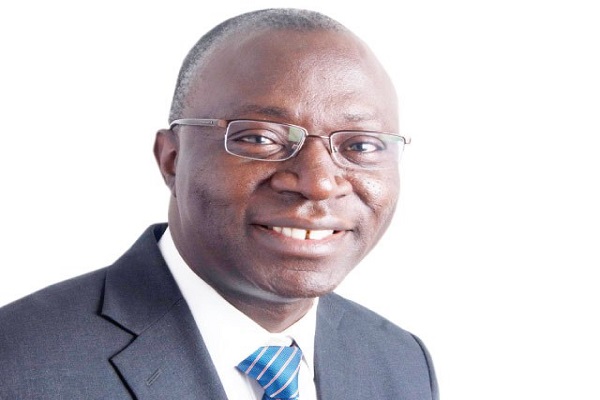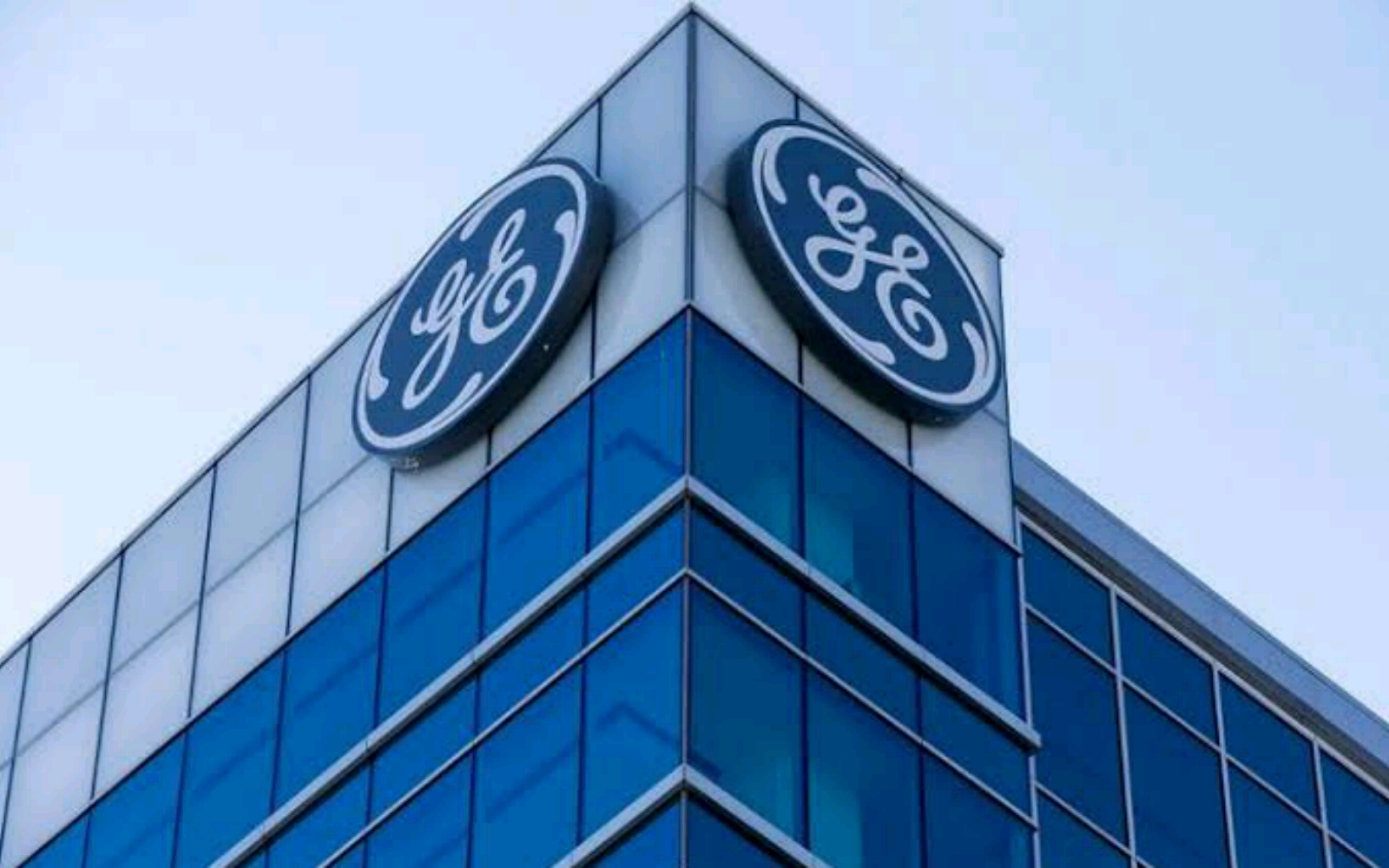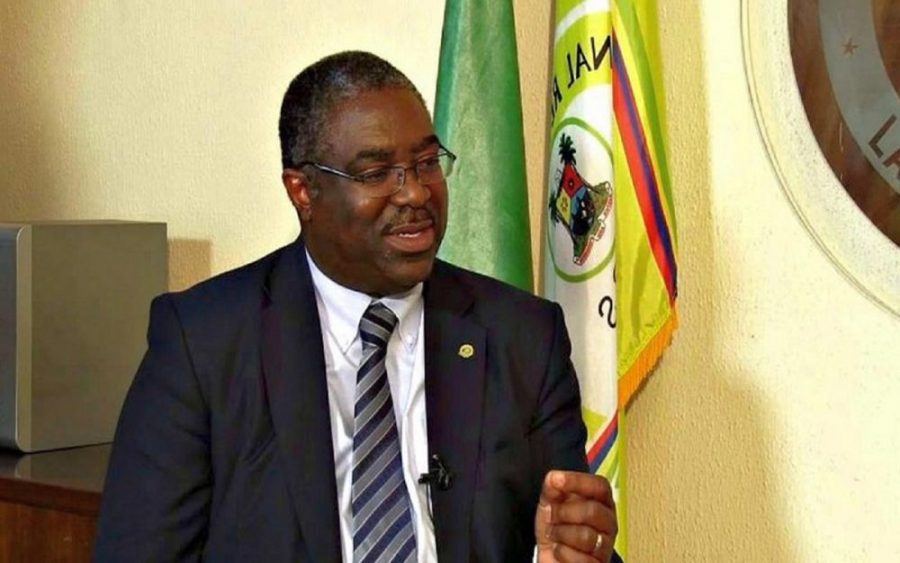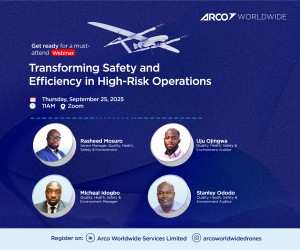This year marked the fourth consecutive year of the China For The World Belt and Road Forum, which is an annual summit co-hosted by GE and Caixin Media, China’s leading media group.
The event focuses on China’s private-sector Engineering, Procurement and Construction (EPC) companies, and their global involvement under the Belt and Road Initiative – a strategy that underlines China’s push to take a larger role in global affairs with a China-centred trading network.
The 800 visitors included industry experts who network, discuss trends, exchange ideas and consider partnerships for EPC companies, industry associations, government agencies, and financial institutions. Given the largescale EPC developments and Chinese investment in Africa, the focus fell on the continent’s market ecology as well as its power generation facilities, renewable energy and financing.
Fuelling the Belt and Road Initiative are growth opportunities and infrastructure development cooperation between Eurasian and African countries to encourage global economic growth.
Access to secure and reliable electricity and demand for power across the Belt and Road regions is driven by national priorities to progress economic development and quality of life.
For GE, supporting economic growth and improving people’s lives is key to its all-win business model and the multinational therefore showcased its global network of support, market expertise and technology at the summit.
These are two of the successful GE EPC projects in Sub-Saharan Africa:
- Nigeria added about 800MW to its electrical grid with the Omotosho I & II Power Plants.
- The Angolan Ministry of Energy and Water is working with its partners to deliver 750MW of energy to Angola with the Soyo Combined Cycle power plant.
Both of the above projects are being developed through the combined local and global expertise of GE, and Chinese EPCs. GE has accumulated more than 20 years of experience in partnering with Chinese EPCs, having worked with over 30 Chinese EPC companies in over 70 markets across Africa, the Middle East, ASEAN, Latin America and Europe.
The Africa session at the summit had more than 200 attendees and was well-received with two keynote addresses and two discussion panels featuring customers from different businesses currently involved in or looking to engage with Chinese EPCs.
China is the largest foreign contracting nation in Africa and Africa is the number one overseas market for Chinese construction firms.
According to a McKinsey & Company report titled “Dance of the Lions and Dragons”, Chinese investment in Africa covers sectors including manufacturing, services, trade, construction and real estate, and it’s important to note that 63% of Chinese companies in Africa are making long-term investments, not just trading or contracting.
The McKinsey report also states that African leaders cite the following benefits in working with Chinese companies: Lower project costs for sponsors, faster end-to-end delivery, and increased employment and skills transfer.
It emerged at the summit in Beijing that developing markets such as those in Africa will drive global growth. Southeast Asia, South Asia, Africa, Middle East and Latin America are expected to account for 40% of new power generation capacity by 2040.
While fossil fuel prices are expected to stay low for the foreseeable future, renewable energy costs will continue to drop as economies grow.
GE is poised to lead the way in power generation across Africa due to its in-depth expertise here and its continued improvement in renewable technologies, and fossil fuel power plants to ensure ongoing cost reductions.
Several Memorandums of Understanding were signed between African players and Chinese EPCs, including the official signing of a 90MW gas-fired plant project in Nigeria, which is to be implemented by China Machinery Engineering Corporation and Powerhouse Ltd.





















